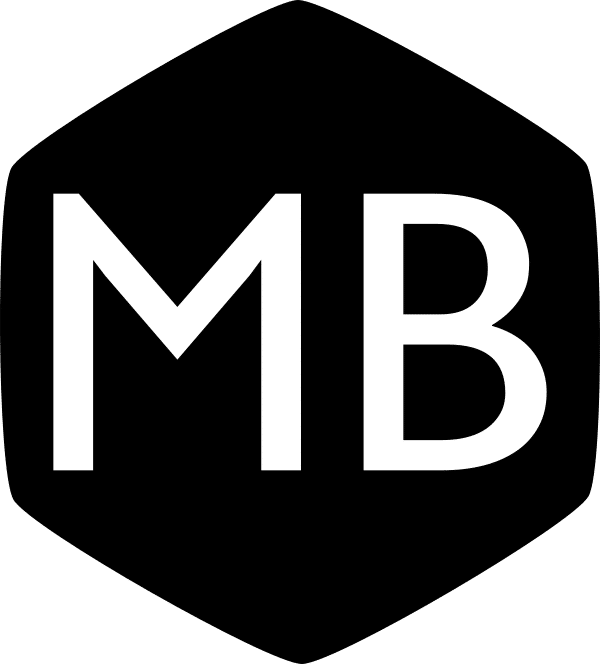At Web Summit Lisbon I heard some people talk about this. Tools that promised a full site in seconds. Drag, drop, publish, done. It is impressive, of course. The energy, the creativity, the ambition. But after some conversations about this subject, something started to itch. Most of these builders focus on speed, shortcuts, and automation, but not on long term quality, flexibility, or ownership.
On the flight home the idea for this post formed and I wrote down some ideas and headers to write a full post on this. Not to dismiss innovation, but to bring some balance to the story. Yes, these tools can be useful. But they also come with risks that many people do not see until it is too late.
So here it is. A practical look at the dangers of relying on online and AI powered website generators, based on what I know after reviewing some of the tools out there, their features and ToS.
1. You do not own the infrastructure
Many online builders lock you into their platform. You do not control the hosting stack, the performance optimizations, or the underlying code.
If something breaks or the company suddenly changes strategy, you are stuck. Moving your website elsewhere is often painful or even impossible.
Vendor lock in is real, and it gets expensive quickly if your site grows.
2. You do not control the code (and sometimes you cannot even see it)
AI generated websites often produce bloated or messy HTML and CSS. It is not always visible at first glance, but it can have long term consequences:
Slower loading times (more about web performance).
Hard to debug issues
Accessibility problems
SEO limitations caused by poor structure or missing metadata
If the tool hides all this behind a polished interface, you cannot fix it yourself. You are limited to whatever the builder allows you to use.
3. A generic website is not a brand
AI is great at generating content that is good enough, but it tends to produce the same safe, standard patterns over and over again.
The result: your website looks and sounds like thousands of others.
Your brand deserves better than being a remix of the same templates and AI text every competitor already uses.
4. Security risks hide in the background
When you rely on a proprietary website generator, you rely on their security practices.
You do not choose what gets updated, when it gets patched, or how vulnerabilities are handled.
If you use AI tools that write code for you, there is another layer of risk: the model may generate insecure patterns without telling you why they are unsafe.
5. AI written content can backfire
AI can get things wrong. It can unintentionally use content that is copyrighted. And it almost always needs a human to refine it, edit it, and make it sound real.
If you publish AI generated sections without careful review, you risk:
Incorrect claims
Broken trust
SEO penalties from duplicate or low quality content
Content that does not sound like you at all
6. You lose flexibility as you grow
Many people start with simple builders because they do not expect their site to grow fast, want to start fast, or because they don’t have money to spend on an agency to help them build the site.
But growth happens. Suddenly you need:
Integrations
Custom landing pages
Multilingual support
Marketing pipelines
Real performance and analytics
Creative freedom beyond a template or theme
That is exactly when you discover the limits of these generators. If the platform cannot scale with you, you are forced to rebuild everything from scratch, often under time pressure. Circling back to the low investment cost to start with a generated site, this decision now backfires and you need to invest more to redo everything on a platform that scales with your business.
7. Accessibility is often an afterthought or missing entirely
One of the biggest blind spots in AI powered and template based website generators is accessibility. These tools focus heavily on layout, speed, and visual appeal, but they rarely ensure that all users can actually use the site.
Accessibility issues often include:
Missing or meaningless alt text
Poor contrast
Non keyboard accessible buttons
Incorrect heading structure
Auto generated text that lacks clarity
Components that confuse screen reader users
Animations or motion that can trigger sensory overload
Not all AI builders validate accessibility or warn you when something is wrong. They generate something that looks fine, but not something that works for everyone.
Accessibility requires intention. AI does not have that intention unless a human adds it and checks it.
8. Why WordPress is still the better long term choice
With all the risks of online and AI website generators, it is easy to forget that there is already a proven, flexible, open platform used by a huge part of the web: WordPress.
WordPress gives you something the quick builders cannot offer: ownership, freedom, and control.
You own your data.
You are not locked into a company, theme, or builder. You can move your site, change hosting, or switch tools whenever you want.You control the code.
Whether you work with a developer or use a no code builder on top of WordPress, the underlying foundation is yours. You can edit it, improve it, or have someone customize it to your goals.You get real scalability.
Need multilingual pages, memberships, custom integrations, or a massive content library? WordPress grows with you.You get a huge ecosystem.
Plugins, themes, agencies, freelancers, and hosting companies all exist to support your site. There is no single point of failure.You can still use AI, but on your terms.
AI helps, but it does not take over your site. You stay in control of structure, quality, and brand identity.
WordPress does not take your creative freedom away. It gives you a foundation that stays stable while everything around you evolves.
If you want a website that lasts for years instead of months, WordPress remains one of the smartest choices.



